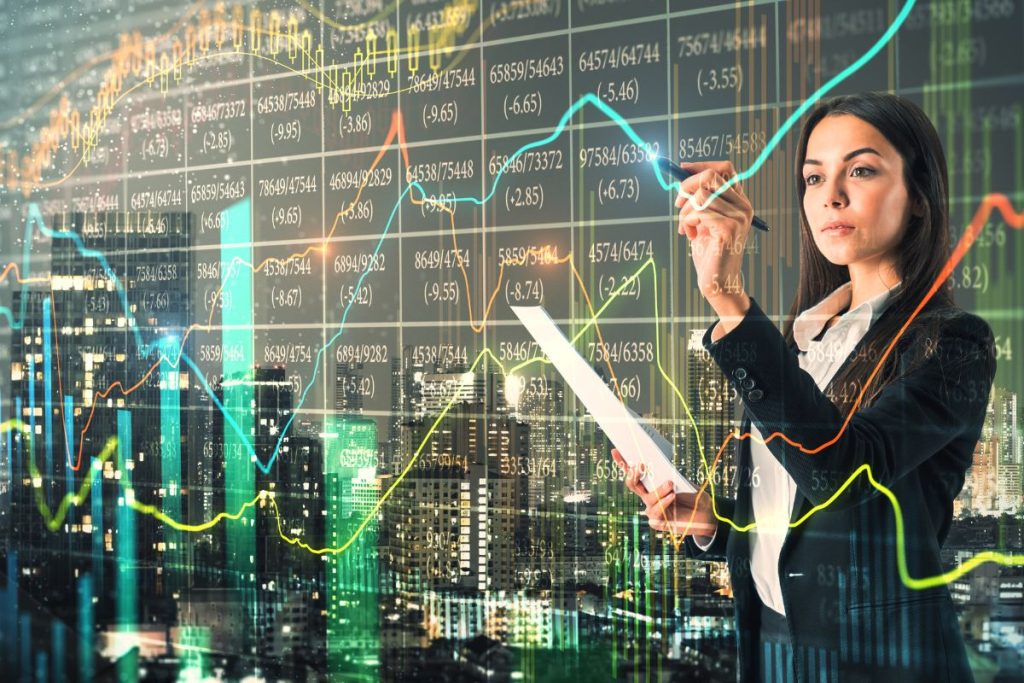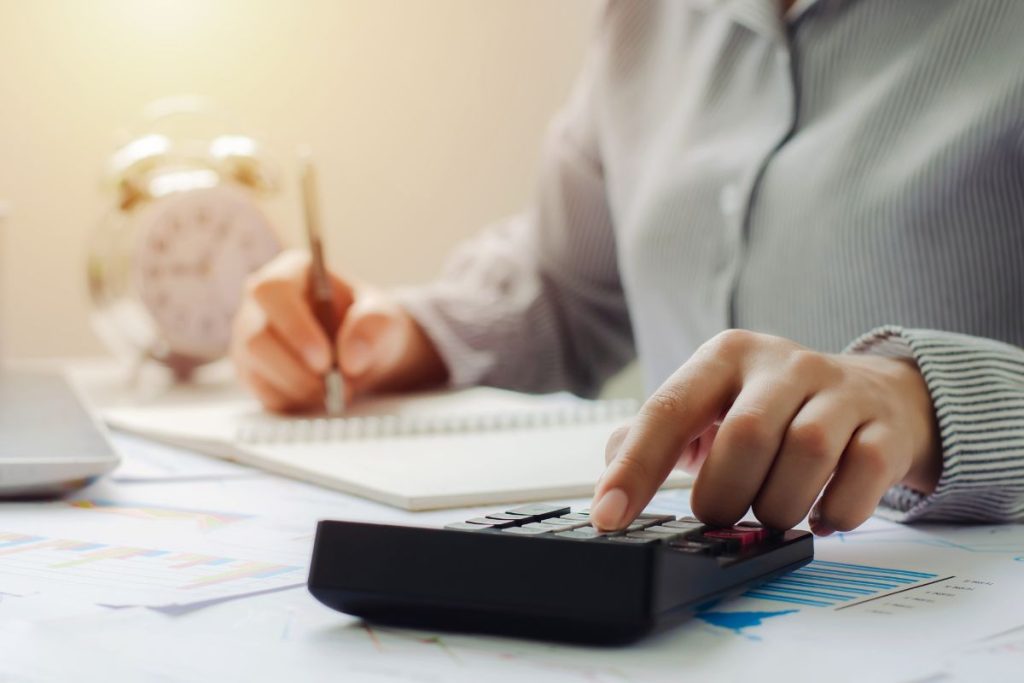
How Global Events Influence Financial Markets
Have you ever watched the news on TV and noticed that stocks or currency pairs reacting wildly whenever there is a big event happening? Congratulations, you just have seen firsthand how global events can shake up the financial markets. From political elections to natural disasters, these moments can create volatility that traders need to be prepared for. But how? Well, you are in luck. This article will explore how major global events affect the financial markets and will provide few practical tips to help you navigate the unpredictability.
Table of Contents
When Political Winds Change, So Do Market Tides
Let’s start with politics. Whenever there is an election on the horizon, always expect the financial markets to get a little jittery. Why? Uncertainty and markets do not like uncertainty, and elections bring plenty, plenty of it. Depending on which candidate is leading in the polls, stock prices can fluctuate. Investors react to the possibility of new policies, regulations, and potential tax reforms which could affect businesses.
Elections
If a candidate happens to be pro-business, then you can expert stock prices to rise. At the same time, there is someone behind the scene pushing for more regulation causing the market to slow down.
Policy Changes
A newly elected leader will always introduce new policies that can impact particular sectors . For instance, Increasing tariffs will make the government happy, which might hurt companies that rely on international trade. And then what happens? Expect a dip in their stock prices.
When Central Banks Move, Markets Follow
Apart from political elections, central banks are another big issue. Introducing new policies or adjusting interest rates can often trigger shifts across various asset classes and guess who can do it? Yeap, the Central Bank or the Federal Reserve or any big institutions.
Interest Rate
Just like mentioned above, if the Central Bank or the Federal Reserve spike the interest rate, it will cause money to be more expensive for borrowing. This will result in a slowdown in economic activity, causing the stock prices to dip.
Stimulus Programs
Sometimes central banks introduce stimulus packages (like quantitative easing), which can give markets a boost by making the borrowing much more cheaper.
End results? More spending and investment.
When Nature Strikes, Markets Tremble.
Natural disasters and global pandemic (COVID, anyone?) crises come out of nowhere — and their impact on the markets can be small to huge, depending on the severity.
Supply Chain Issues
Assuming there is a hurricane happening somewhere out there, and is disrupting the oil production, which then causes a supply shortage, resulting in price spikes. This is an example of a natural disaster in a particular area.
Flight to Safety
Investors will try to pull out the riskier assets such as stocks, indices and focus on safer investment such as bonds or golds whenever there is a crisis.
When Conflicts Ignite, Markets Take Cover
Geopolitical tensions—like international trade wars or international conflicts—can stir up the markets. This will cause uncertainty across the globe.
Trade Wars
When two major economies, such as the US-China wars, impose tariffs on each other, it disrupts the reliance on international trade. Companies can get hit which impact broader market indices.
Military Conflicts
Similarly, military conflicts can create fear, chaos and uncertainty. This will result in Investors pulling money out of stocks and moving into safer assets when tensions rise.
What should I do?
Considering how unpredictable global events can be, here are some strategies to help you manage the risk and potentially making a decent returns from market volatility:
Diversify Your Portfolio
This is a first rule – Do not put all of your eggs in one basket. Best to spread your investment – stocks, bonds, and currencies – this will help you to reduce the risk of getting wiped out.
Stay Updated
Always keep an eye open on global news – they can help you to anticipate what is gonna happen and how different events will happen. The more knowledge you have, the easier it will be to adjust to a shifting market environment.
Be Patient
Sometimes the simplest move is right and that is not making any move. When the market is turbulent, it is ideal to sit back, watch and wait for the right timing rather than making a wrong, impulsive decision during the heat of the moment.
Use Risk Management Tools
Setting Stop-Loss orders or other management tools, is very useful in helping to limit your potential losses when the markets turn much more volatile.
Conclusion
In the end, global events can greatly influence financial markets, bringing both opportunities and challenges for traders. To reduce risk, it’s crucial to stay updated and be ready for any changes. As always, keep your close eye on the financial markets, and you’ll be positioned better in navigating whatever the world throws in your way. Whatever happen, it will always be a lesson for you to either keep working hard and constantly tuning to improve your strategy.
October 10, 2024

















